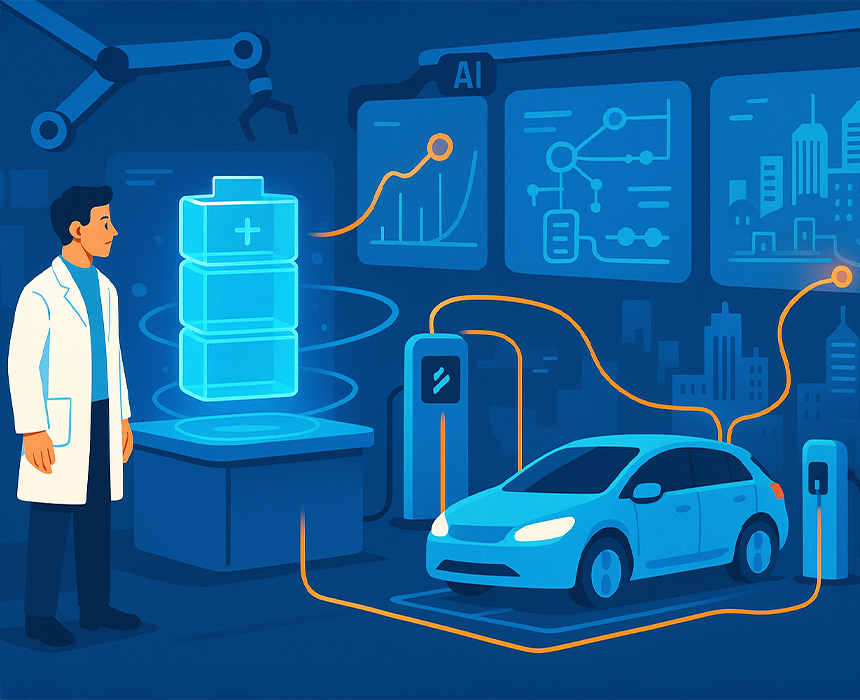Smart Battery Management and the Future of EV Technologies
As electric vehicle technologies rapidly evolve, battery systems remain at the core of this transformation. The capacity, lifespan, safety, and efficiency of batteries directly determine the speed at which EVs are adopted. However, improving battery chemistry alone is no longer enough; how batteries are managed, how charging cycles are optimized, and how energy flows are balanced are equally critical. This is where Smart Battery Management Systems (BMS) become the backbone of modern EV ecosystems.
Smart BMS solutions continuously monitor cell temperature, voltage, and charge-discharge cycles while optimizing overall performance. Unlike conventional BMS, which merely enforce safety thresholds, advanced systems now use AI-driven algorithms to analyze driver behavior and offer tailored recommendations. For example, a commuter who drives short distances daily might be advised to keep the battery charged only to 80%, extending the system’s health and longevity.
From an energy efficiency perspective, smart BMS connects directly to charging infrastructure, enabling load balancing. When many EVs charge simultaneously, grid stress can rise sharply. To prevent this, smart systems can recommend the most cost-effective time windows or adjust charging power dynamically. This reduces grid pressure and lowers user costs. Coupled with renewable energy, battery management becomes a strategic enabler. Intermittent solar and wind output can be stored and released strategically, making cities more sustainable.
The safety dimension cannot be overlooked. Overheating, short-circuits, or faulty charging can create severe risks. AI-based systems detect anomalies early, cutting current or activating cooling when needed. For instance, if unusual heat spikes occur within a cell cluster, the system automatically intervenes. This ensures not only user safety but also stronger brand trust.
Second-life applications are another promising area. Even when an EV battery no longer meets driving requirements, it still retains considerable storage potential. Through smart BMS, these batteries can be repurposed for home or industrial energy storage. AI algorithms optimize their usage, delivering both economic and environmental benefits.
On the industrial side, next-generation manufacturing processes like dry electrode production lower energy consumption. Smart management ensures quality control during production by simulating and testing each unit before deployment. AI-based analysis identifies possible failures before cells even leave the factory.
Digital integration is also becoming fundamental. In smart cities, BMS are not confined to cars but extend to buildings, grids, and renewable plants. EV batteries thus function as critical nodes in urban energy networks. Through Vehicle-to-Grid (V2G) systems, cars store surplus energy and release it back during peak demand, helping stabilize entire cities.
In summary, smart battery management is no longer optional; it is central to the evolution of EVs. Combining AI, sustainability, safety, and digital integration, these systems transform both personal mobility and the global energy ecosystem.




